A promoter, a gallery director, and other key people from the arts world offer their take on 2020
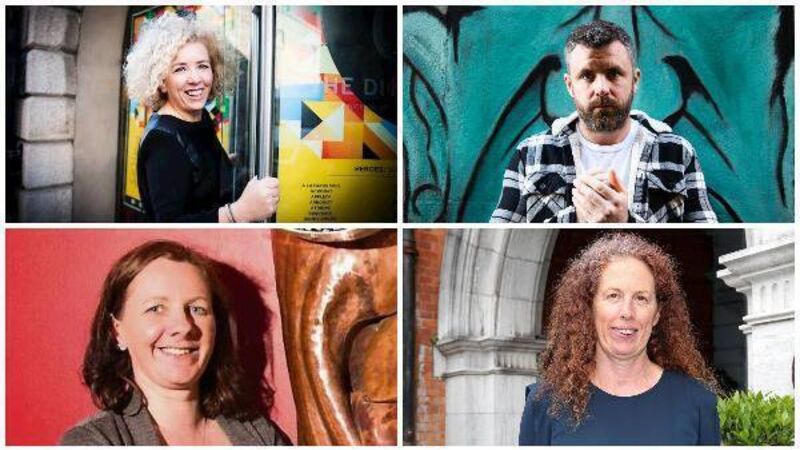
Angela Dorgan, Mick Flannery, Mary McCarthy and Edel Curtin were among those on the arts/culture front line in 2020.
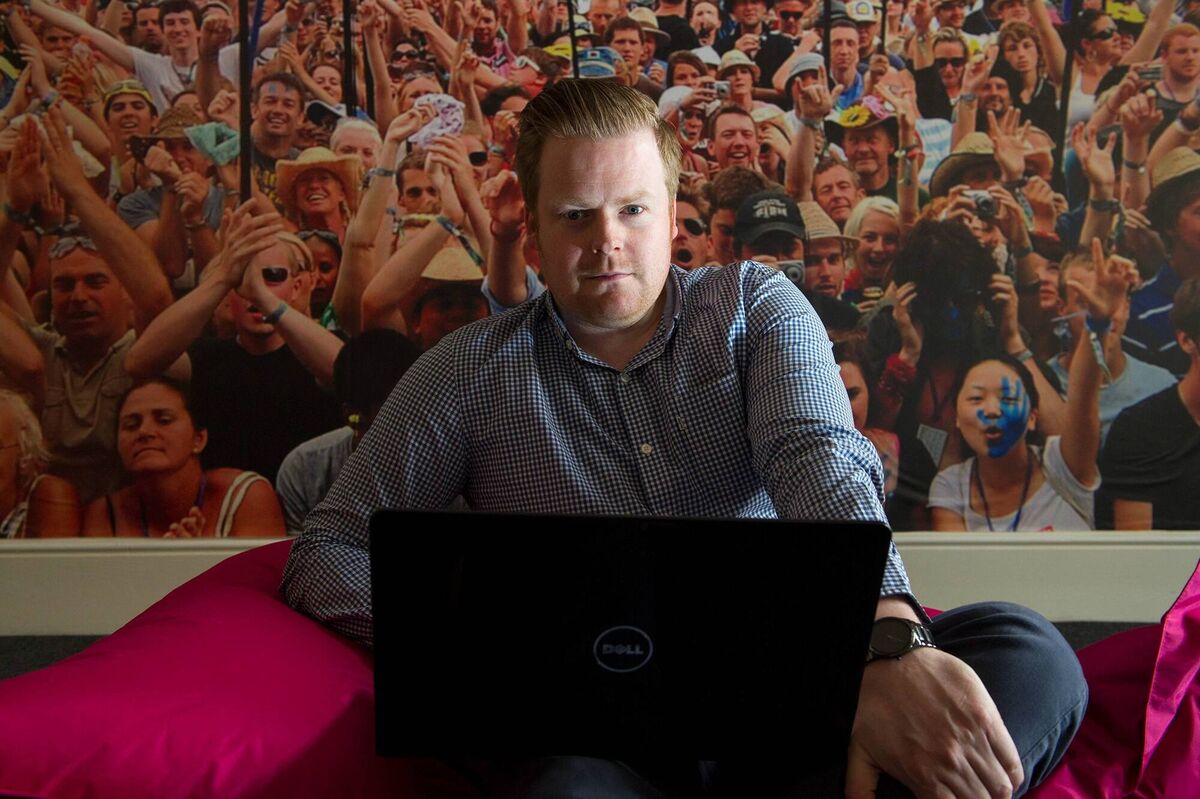
Promoter Shane Dunne is the MD of music festival Indiependence, which announced it was leaving its location of 15 years in Mitchelstown, Co Cork, following the cancellation of Indiependence 2020. Dunne acted as spokesperson for EPIC, the lobbying group formed to support the live events sector. In November, his management company received Live Performance Support Scheme funding of €76,000 to produce a series of musical performances in Mitchelstown Caves.
“I was asked to act as spokesperson for EPIC by other people on the board, people I’d worked with for years and really respected. As a commercial sector we never had
our hands out and had always been successful businesses in our own right, as promoters, venues, sound, lights, toilets, trackway, caterers.
“I spent the summer answering the phone to people who had built up businesses over years, weeping down the phone, worried about their staff and their mortgages. In the middle of that, Heather Humphries said we should all consider retraining. You can imagine how that felt. Thirty-five thousand people work in the events sector in Ireland. It’s worth millions to the economy. It was so disingenuous and hurtful from Heather, but in a weird way, it probably galvanised the sector.
“Indiependence moving was exacerbated by Covid. When the 2020 festival was cancelled, we decided to make sure everyone got their money back; we didn’t want to risk people’s ticket money to commit to the following year.
“This August Bank Holiday weekend was the first year in 15 years we weren’t doing Indiependence. On the Sunday I was pretty low; it was pretty dark, and strange to realise it was over. You put your heart and soul into building something to the kind of scale that it was, and to have it taken away is difficult.
“The highlight of the year was Songs From An Empty Room, a gig we ran in July to raise money for Minding Creative Minds. At four that day, I got a call saying U2 wanted to donate €200,000. In total, we raised €500,000 so there’s funds for that for a long time to come.”
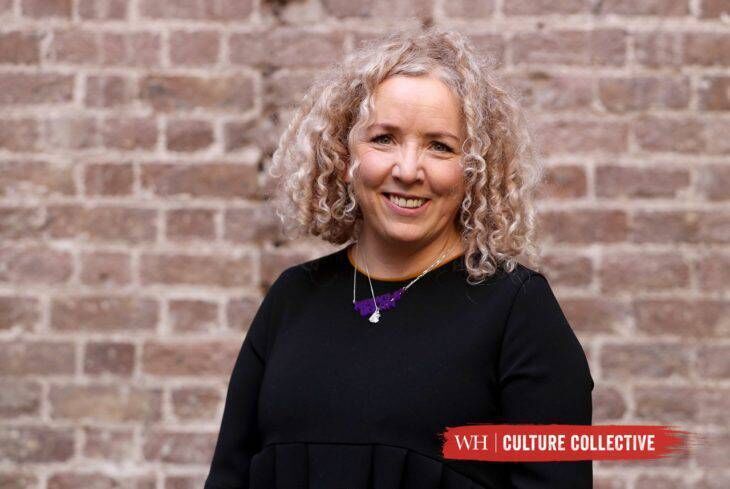
Angela Dorgan is the Cork-born CEO of First Music Contact (FMC), the resource for Ireland’s independent music sector. FMC host an annual showcase festival, Ireland Music Week, as well as Music From Ireland, the Irish music export office. This year, FMC were charged with distributing a €1.7 million Music Industry Stimulus Package allocated by the Department of Tourism, Culture, Arts, Gaeltacht, Sport and Media. Dorgan is also a member of the National Campaign For the Arts (NCFA) steering group.
“There’s been devastation, but also the opportunity to create little chinks of light. Covid-19 has been a catastrophe on many levels, and for so many layers of the industry. FMC work with artists who are creating their own music, but there’s a whole industry of professional musicians who play in bars, who are wedding musicians or session musicians and they were devastated; everything evaporated. As FMC, we tried to come together with other organisations to lobby for more money for the sector.
“The Music Industry Stimulus Package was a pilot scheme, and there’s a lot to be learned from it, but the idea was to support artists that had plans in place in that lifecycle of writing, recording and releasing.
“We had 1,800 applicants over three schemes. The really bad thing was that there wasn’t enough money to fund everyone, but the really good thing is the demand has demonstrated how badly this sector needs new funding for 2021.
“We’re doing up our report at the moment: however the department wants to run the package next time, they’ll be able to have the benefit of that experience and be able to assess it accordingly.
“The lowest point of my year was losing my older brother Ger in August; no matter what else was going on, I really can’t say that anything this year was worse than that.
The best moment was the budget announcement. The rhetoric, support and conversations the NCFA had to make people realise the value of arts in our country were reflected in the budget and the fact that the sector now has €50 million to invest.”
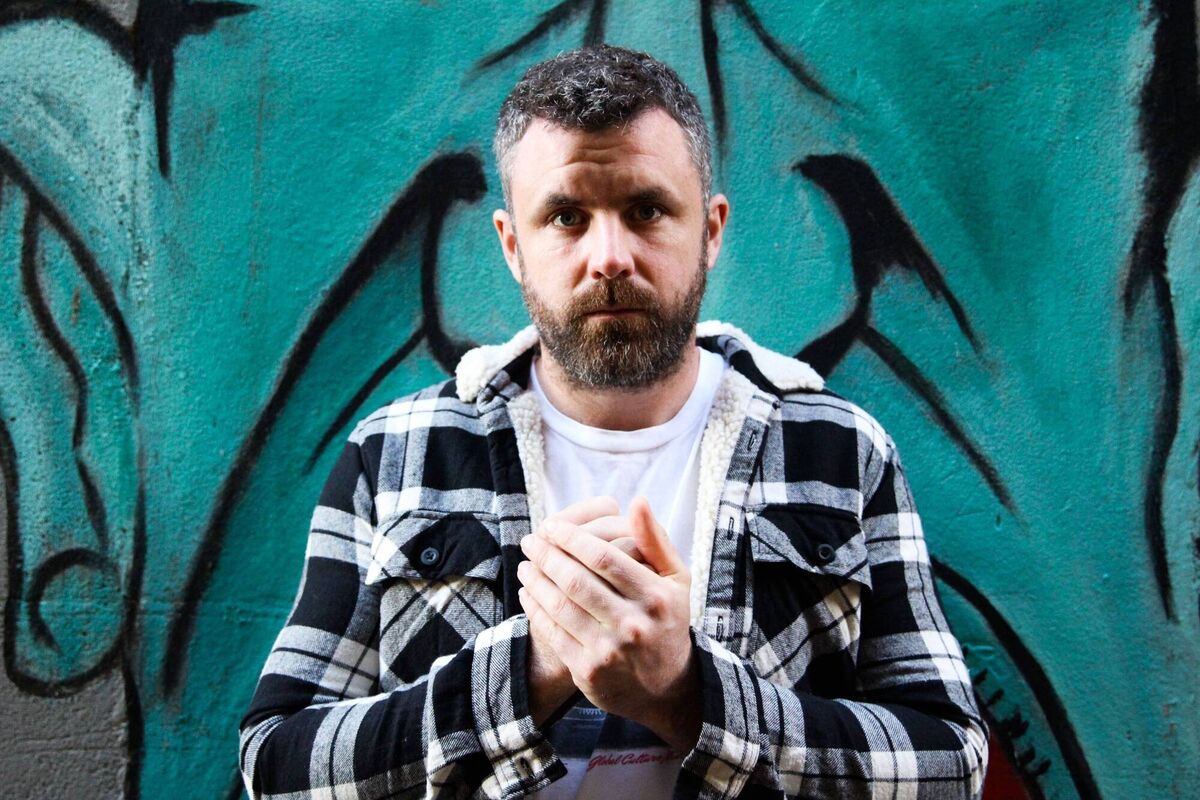
Cork-born singer-songwriter Mick Flannery released his sixth studio album last year. This year, he released a live album, recorded and released a song with US folk singer Anaïs Mitchell, live-streamed a series of gigs from his Facebook page, and recorded a duet album with fellow Co Clare inhabitant SON (Susan O’Neill), with whom he also won Best Original Folk Track at the RTÉ Folk Awards 2020.
“It’s been a strangely productive year: the quiet time seems to have suited me, for writing especially. I feel bad, knowing how tough this year has been for some people, in saying that this year didn’t affect me too negatively.
“I was doing two Leonard Cohen tribute gigs with the RTÉ Orchestra in Dublin in March, when I got a phone call about Covid cases in Clare and that the schools in Clare were closing. That was my last gig. Everything else started to fall away and get cancelled and postponed. It’s been this drip-fed thing: nobody knows where they stand at any given time and they don’t know when or to what degree a lockdown is going to come.
“I’m lucky I have a very good manager, Sheena Keane, and she had lots of ideas that kept things moving along in interesting ways. One of the first things she wanted to do was release a live album for the benefit of the people in the band and all the crew and the people that weren’t working.
“It was also lucky that myself and Susan O’Neill had already planned to record a duet album. The ease in the first lockdown married up with the time we wanted to go to Dublin and start recording, so we were able to do that.
“Performing to empty spaces is weird. I did a gig the other week and I looked at the camera crew and thought, they’re definitely not fans of my music. Normally you’re playing to people who have come along to hear your music, and the next thing, you’re hammering a camera crew over the head, or that’s what it felt like. Or maybe I just had a bad day.”
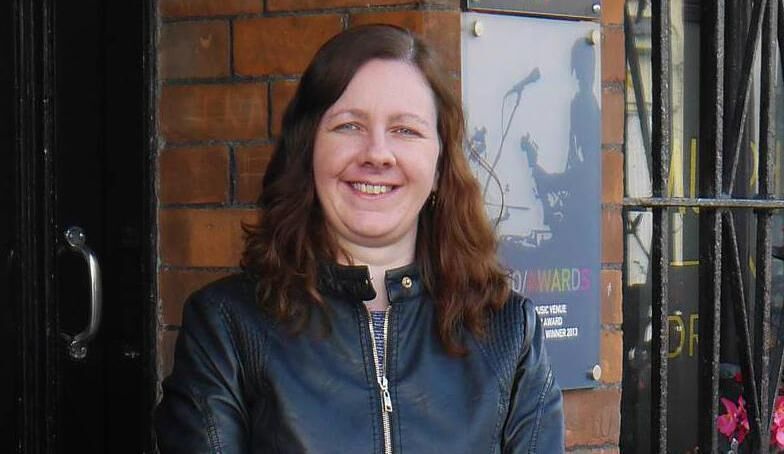
Edel Curtin is a booker, promoter and publican who runs Coughlans Bar and Live Music Venue in Cork city. Edel was one of 23 independent small venues to form the Venues Collective and successfully lobby for government funding for a series of socially distanced gigs taking place from November to January.
“Coughlans has opened for four weeks out of ten months since Covid-19 struck. We don’t have a kitchen, so it was September before we were allowed to open and we were only allowed have 15 people outside. We did that for two weeks, and then new restrictions were brought in and we had to close again.
“For the first few months, we had postponed shows and given the option of a refund, which lots of people didn’t take up. Eventually, we stopped rescheduling and started cancelling.
“A few independent venues decided we had to do something because we weren’t going to survive the year. It was the first time in the country that all the stalwart independent venues got together: De Barra’s, The Róisin Dubh in Galway, The Spirit Store in Dundalk. We created a collective to lobby for funding. 23 venues applied for €1.125 million and we got 95% of that; we had to match 5%.
“Each venue is putting on 16 shows between the start of November and the end of January and that’s worth 3,500 employment days. Coughlan’s did five pre-recorded shows and 11 live shows. We had an audience of 15 for Lisa Hannigan, for Paul Noonan, for Susan O’Neill.
“The night Lisa Hannigan played, it was the first live music in Coughlan’s since March and it was so emotional: people were overwhelmed. There wasn’t a dry eye in the house.
“The Department really engaged with us on what we needed to get through this and I hope there’s a mutual respect there to build on post-Covid. We’ve shown we’re as important as big arts venues and we work alongside them. No-one starts off their music career on a big stage: they learn their craft in venues like Coughlans or De Barras.”
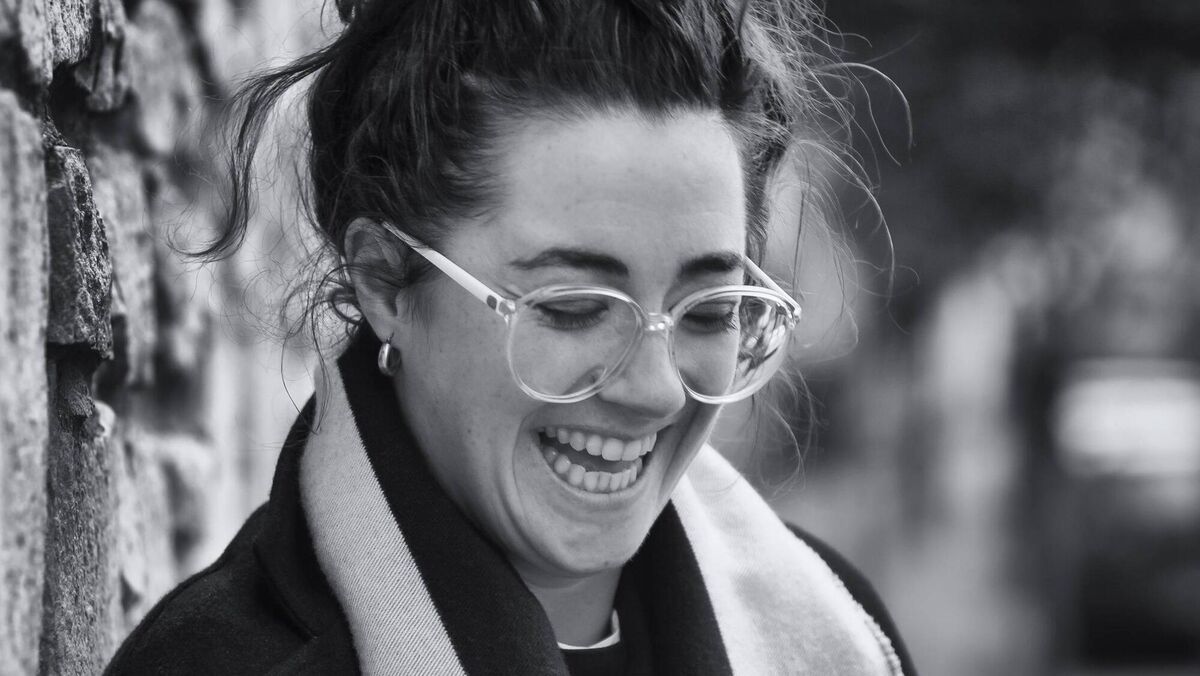
Molly King is Head of Development with Other Voices, the annual televised music festival hosted in Dingle and other locations. Other Voices have run several televised and streamed series during 2020 including Courage, shown on RTÉ during the summer, their own festival, entitled Bringing It All Back Home, in early December and, most recently, the Home At The Guinness Storehouse series.
“We had just wrapped Other Voices Ballina weeks before the first lockdown, so we were lucky to have got that away. At the time, we all thought we had a good chance that Dingle could go ahead because it’s in December and it was the furthest away it could possibly be in 2020.
“As the months wore on, we started the Courage project and it became more apparent that we’d have to move online. One of the reasons was just mitigating against risk; usually a good proportion of our line-up is international, so we just decided to focus all our attention on the best live-stream version with domestic acts.
“We took a very positive view, to try to combat some of the isolation people were feeling in whatever small way we could. The first livestream for Courage was Ye Vagabonds in Whelans; it was a leap of faith to see how the artists and audience were going to engage with it, and it was phenomenal.
“We haven’t booked a single act from outside Ireland since March and the standard has been outrageously high. I think it’s a testament to the scene that we could draw on so much diverse talent across the country. The Department of Arts is our strongest supporter and they deserve credit for quickly seeing the value in what we were doing, both with our attempt cut across isolation, but also with our attempt to reach out to the Irish diaspora who can’t come home and see shows and be with family for Christmas.”
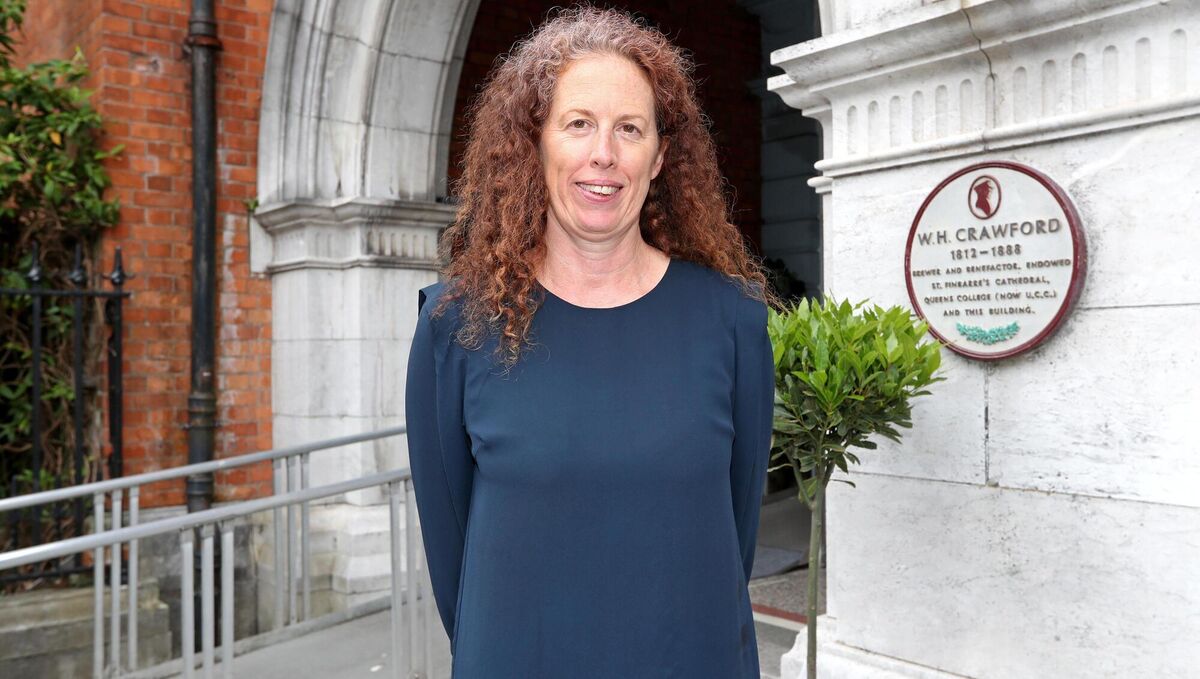
Mary McCarthy is director of the Crawford Art Gallery. Following their closure in the first lockdown, The Crawford Art Gallery hosted a series of online events and educational workshops. In autumn, the gallery was awarded €3.2 million in capital funds from the Department of Tourism, Culture, Arts, Gaeltacht, Sport and Media for extensive renovations, as well as a €400,000 acquisition fund for new artworks.
“It’s incredible to think back to March. It seems like such a long time ago. The pace at which we had to close, secure the artworks, and ensure environmental controls were in place so the art on the walls would be safe, was extremely fast.
“We were also surprised at how quickly we managed to get up and running working from home. At that point, we thought it was for a short period. We could adjust quickly because we didn’t think we were doing it for the long term.
“We were supposed to have the Rembrandt Works on Paper show this year, a really rare show that’s stored in the Ashmolean in London. They put it back in storage and will take it back out for us again at the end of 2021.
“For staff at the Crawford, I think the lowest point was the second lockdown, the sense of not having a pathway forward, and understanding that we were going to be bouncing in and out of lockdowns for a long period. It became like curating in a vacuum; it all became a little unreal for a short period.
“Many of us were distressed when sports facilities and gyms were open and galleries weren’t. That made me realise how much work we have to do in the cultural sector to make people more familiar with the benefits of what we do.
“On a human and heart level, getting the green light to re-open was the highlight of the year for me. The funding is also fantastic. The capital funding, yes, but particularly the fund for acquiring contemporary artwork. To be able to buy art and put artists in the state collection is really everything we should be doing: conserving, preserving and advocating for artists.”



